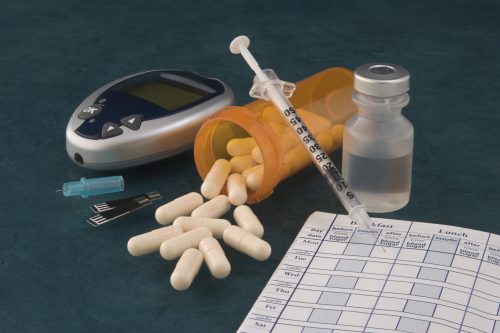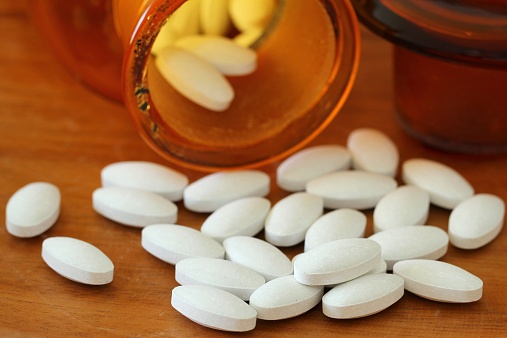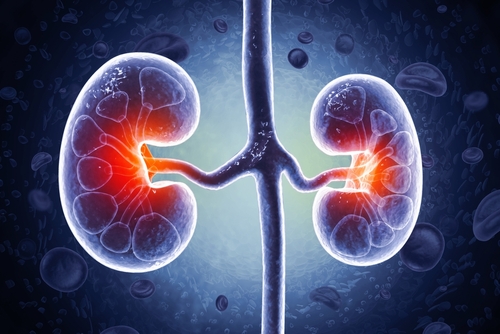CKD
Advertisement
Research revealed an association between social isolation and the onset of CVD and accelerated death in CKD.
A study found that primary care physician-nephrologist collaboration did not improve kidney or CV outcomes in stage 5 CKD.
A study showed similar efficacy and cardiovascular safety between vadadustat and darbepoetin alfa for anemia with CKD.
This NephJC RoboPod episode discusses the NUDGE trial of electronic nudges to increase CKD guideline-directed therapy.
Editorial board chair Dr. Ajay Singh discusses how GFR may vary between sexes and affect rates of CKD.
Elevated glucose uptake in adipose tissue of patients with gout may contribute to CKD progression.
Use of SGLT2i with RAASi is associated with reduced risk for hyperkalemia in the clinical setting, a study found.
Kidney Care Partners visited called on Congress to support policies benefitting Americans with kidney disease.
AstraZeneca and Aptar Digital Health are partnering on screening algorithms to detect CKD and other conditions.
Variability in eGFR over time is associated with risks of cardiovascular and kidney outcomes and mortality in those with CKD.
An observational study shed light on how family medical history may affect chronic kidney disease (CKD) outcomes.
Fibrate use is associated with higher incidence of CKD but lower risk for ESKD and mortality, a study found.
Iron therapy may reduce cardiovascular risks for patients with chronic kidney disease, a study found.
Rajiv Agarwal discussed a study showing that a finerenone-empagliflozin combo has superior efficacy in CKD and T2D.
Treatment with a finerenone-empagliflozin combo leads to greater decreases in albuminuria in CKD and type 2 diabetes.
A study highlights the role of NPT2b in tubulointerstitial fibrosis and CKD progression.
A dual SGLT inhibitor may have ischemic benefits for patients with CKD, T2D, and cardiovascular risks, a study found.
An analysis of CKD trials supported 3-year total slope as the primary slope-based outcome in randomized trials.
A study assessed whether proton pump inhibitor use accelerated CKD progression and acute kidney injury risk.
A survey sought insight on nephrologists' practices and perceptions about reproductive care for women with kidney disease.
Advertisement




















 © 2025 Mashup Media, LLC, a Formedics Property. All Rights Reserved.
© 2025 Mashup Media, LLC, a Formedics Property. All Rights Reserved.